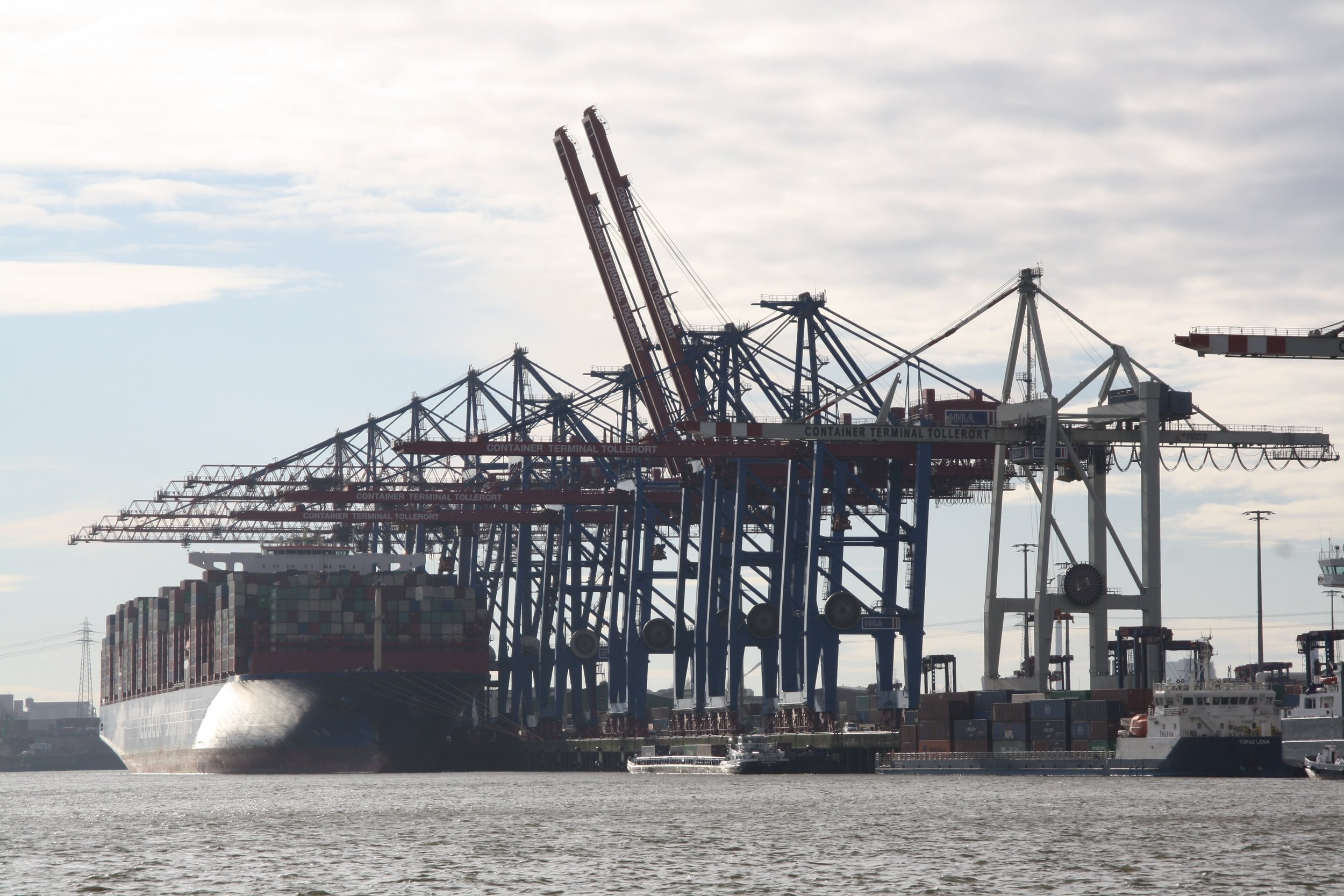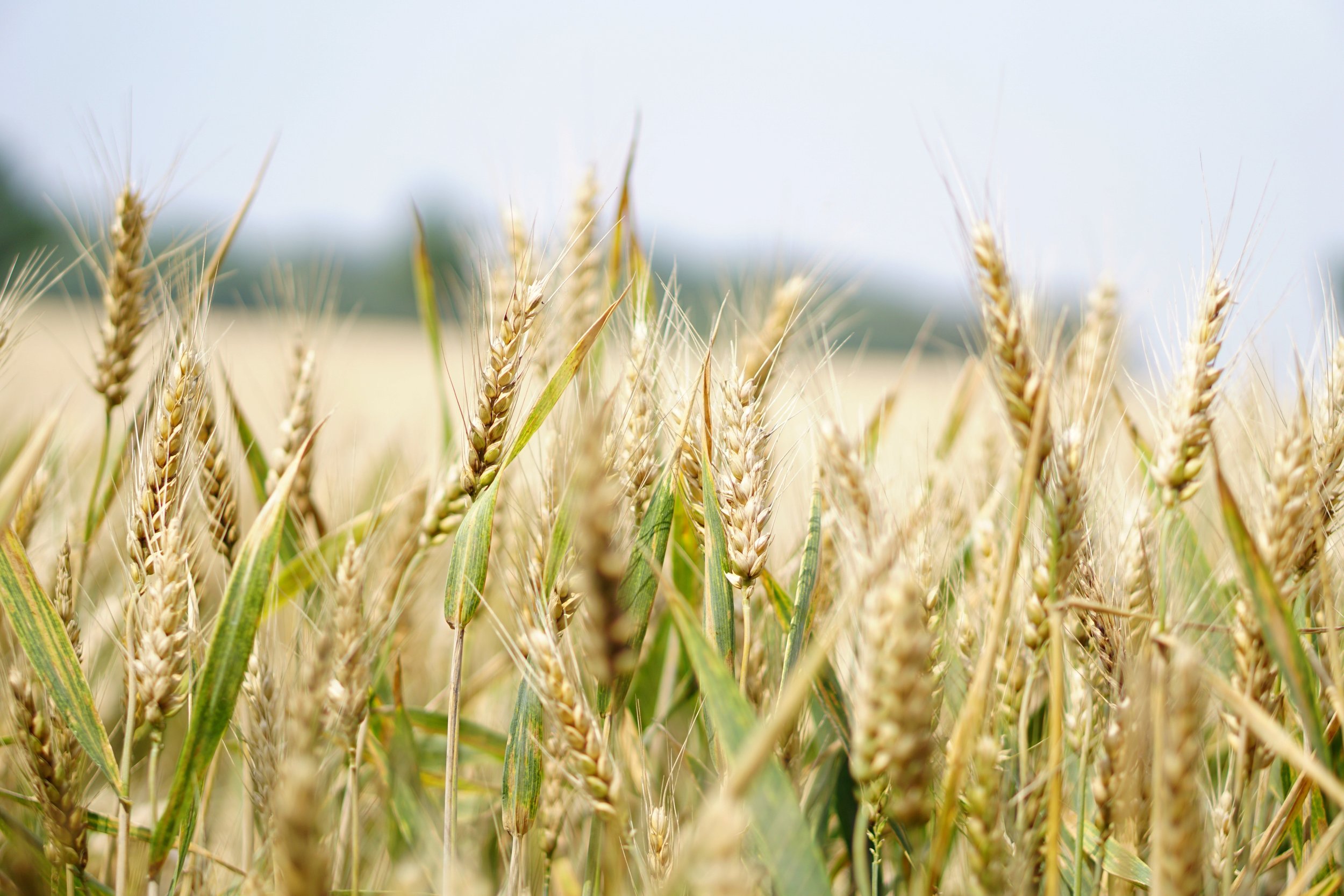UN deal secures more corn shipments through Black Sea
🌽 Corn shipments continue to leave Ukraine ports after the UN deal brokered between Russia, Turkey, and Ukraine takes effect. Ireland, the United Kingdom, and Turkey can expect shipments that have passed through the Black Sea for the first time since the Russian invasion of Ukraine in late February 2022. Bulk carriers and cargo ships loaded to the brim have been stuck in the body of water for months and the UN deal was squared away to ensure some relief to the region’s grain imports. In order to avoid further global food crisis, much of the cargo will be used to feed livestock, instead of people.
China and Russia recently committed to maintaining stability in their industrial supply chains.
Russia is aiming to increase its share of the liquefied natural gas (LNG) market to 20% by 2030, but its plans face challenges due to sanctions and a shortage of ice-class LNG tankers.
Over 160 industry groups, think tanks, and PR agencies with a history of climate denial have scored access to the UN climate talks in Dubai.
The United Nations has declared that 2023 is on track to be the warmest year on record, with global temperatures rising 1.4 degrees Celsius above pre-industrial levels
Estonia's foreign minister, Margus Tsahkna, has accused Moscow of orchestrating a "blatant hybrid attack" by facilitating a surge in migrants from Africa and the Middle East arriving at the EU's eastern frontier.
The United Nations' Food & Agriculture Organization (FAO) is set to release a global food systems' roadmap during the COP28 climate summit in Dubai, which will recommend Western countries, including the United States, to reduce their meat consumption as part of efforts to cut greenhouse gas emissions.
Finnish President Sauli Niinisto has stated that it has become "impossible" to deport asylum seekers who do not meet the criteria for protection.
A United Nations-backed report reveals that major fossil fuel-producing countries, including the United States, Russia, and Saudi Arabia, are on course to produce twice the amount of fossil fuels that exceed critical global warming thresholds by the end of this decade.
A United Nations report highlights that humanity is approaching multiple critical "tipping points" that could result in irreversible ecological and institutional system disruptions.
After months of secrecy surrounding President Biden's decision to provide ATACMS missiles to Ukraine, it has been revealed that the missiles are now in Ukrainian possession and have been used in attacks on Russian military facilities.
Russia has accused Ukraine's Western allies of planning and conducting a missile strike on the Black Sea Fleet's headquarters in Crimea, alleging that the attack was coordinated with the assistance of American and British security agencies, NATO satellites, and reconnaissance planes.
Seismic evidence has revealed new details about the explosions linked to the attack on the Nord Stream pipelines.
Russia continues to depend on European shipping to transport its oil, even as its supplies exceed the price caps set by the Group of Seven (G-7) and its allies, according to the Centre for Research on Energy and Clean Air (CREA) based in Helsinki.
A growing number of ships are manipulating their reported locations for illicit activities, potentially involving goods worth billions of dollars.
Rising oil prices are impacting consumers, complicating the global fight against inflation, and contributing to Russia's war chest.
Facing an aluminum oxide shortage exacerbated by geopolitical tensions, Russia has been diversifying its supply chain for this critical raw material.
A Tesla Model X that was declared 'totaled' in the U.S. last year unexpectedly reappeared online and began sending notifications to its former owner, CNBC Executive Editor Jay Yarow, several months later.
The Brookings Institute recently released a report titled "America can't afford to ignore the logistics triad," which highlights the critical role of logistics in military operations, particularly against formidable adversaries like China and Russia.
A drone attack conducted by Russia targeted more than 700 grain warehouses on the Danube River in Ukraine, damaging crucial infrastructure for Kyiv's grain export route.
Russia's decision to withdraw from a grain export deal with Ukraine has escalated concerns about global food supplies and prices.
Wheat prices experienced a significant increase following Russia's actions targeting Ukraine's grain export infrastructure.
The expiration of the Black Sea grain deal, which allowed Ukraine to export grain via the Black Sea, is a significant development with implications for global food prices and the World Food Programme (WFP).
The United Nations-brokered Black Sea Grain Initiative, which has facilitated the safe export of 32 million metric tons of food from Ukraine, is set to expire on July 18.
The Pentagon has started utilizing the $600 million Defense Production Act funding allocated from the $40 billion Ukraine aid package.
The global economy, already grappling with the aftermath of the pandemic and the war in Ukraine, faces further uncertainty as chaos in Russia threatens to disrupt stability.
The Federal Emergency Management Agency (FEMA) has engaged the services of two Ukrainian cargo airlines to support emergency airlift operations for disaster recovery in Guam, despite objections from U.S. carriers.
Despite efforts to reduce reliance on Russian uranium, Russia maintained its position as the top supplier of nuclear reactor fuel to the United States last year.
Russian crude oil exports continue at high levels with no significant evidence of output cuts, raising concerns among OPEC+ partners.
As global supply chains face disruptions caused by factors like the Ukraine conflict and China's economic slowdown, a growing number of companies are opting to bring their production back home.































In a bid to further pressure Russia over its war in Ukraine, the U.S. Senate has unanimously passed a bill to prohibit Russian uranium imports.